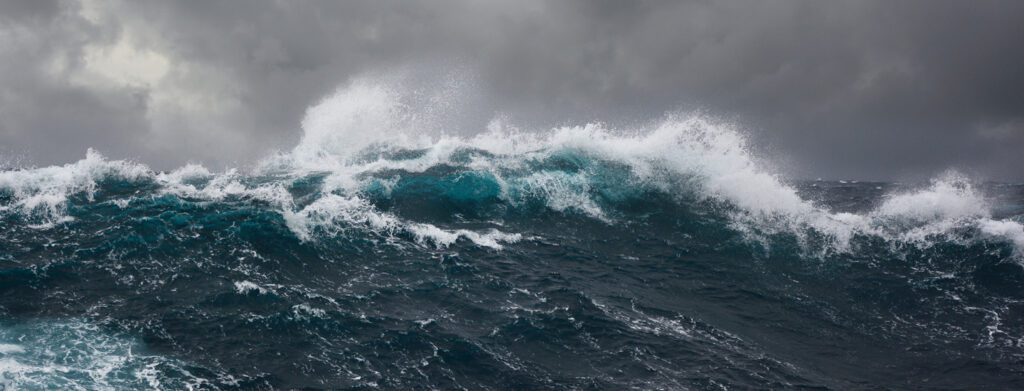As the marine licensing regime approaches its fifth anniversary, Andrew Oldland KC, Danica Cooper and Nicola Canty consider an eventful year in the field
In English waters and the offshore areas of Wales and Northern Ireland, the Marine Management Organisation (“MMO”) has, since April 2011, been the regulatory body responsible for issuing marine licences on behalf of the secretary of state for environment, food and rural affairs, under Part 4 of the Marine and Coastal Access Act 2009 (“MCAA”).
A marine licence is required for licensable activities taking place up to the mean spring high-tide water mark, including: the construction, alteration or improvement of any works in or over the sea, or on or under the seabed; and the removal of any substance or object from the seabed. This means most marine maintenance activities except those carried out by or on behalf of a harbour authority.
The complex process for obtaining the required consents for coastal developments was outlined in a previous article (Marine licences: worse things happen at sea, 12 April 2014, p66) but the past year has seen a significant policy change with the introduction of a recovery mechanism with effect from 1 October 2015.
When the secretary of state steps in
The secretary of state will make the final decision on whether the specified criteria to trigger the recovery of marine licensing determinations are met, and consequently whether that application should be determined by the secretary of state, rather than the MMO, with the Planning Inspectorate managing the inquiry process.
A formal representation from an affected local planning authority (“LPA”) or an inshore fisheries and conservation authority (“IFCA”) is usually required, in addition to the marine licence application itself relating to activity which: falls within band 3 of the Marine Licensing (Application Fees) Regulations 2014; is located in the inshore region; and is capable of having a significant effect. However, ministers may also decide to determine cases involving novel activities of national significance where there is no, or insufficient, planning policy guidance.
The Department for Environment, Food and Rural Affairs (“DEFRA”) intends that the recovery policy will be highly selective to avoid disproportionate uncertainty and delay, and will only be used for decisions “which genuinely merit going to inquiry”. The impact of the policy will be reviewed by DEFRA after 12 months, and it remains to be seen whether optimistic estimates for the costs of the change are realistic.
Harbour redevelopments
From 1 October 2013, changes to the Harbours Act 1964 (as amended by section 6 of the Marine Navigation Act 2013) have made it possible for statutory harbour authorities (“SHAs”) to apply for harbour closure orders to enable an SHA to be relieved of either all or certain specified statutory harbour functions without the need for legislation. Such applications follow a similar procedure to that of harbour revision orders, except that the process is managed by the Department of Transport (“DfT”) rather than the MMO.
Draft statutory guidance sets out the key criteria to be considered as part of the decision-making process and was consulted on by the DfT in autumn 2015; the finalised guidance is expected in 2016. The new regime will make it much easier to close harbours which are no longer commercially viable, but may give rise to potentially complex economic arguments on viability. It is expected that local authorities which manage numerous small and uneconomic harbours are likely to take advantage of these changes.
Coastal concordat and regional marine licences
Once closed, harbours may well be prime opportunities for property developers. The coastal concordat aims to streamline and co-ordinate the consenting process by providing a single point of entry for applicants, who are then guided to other regulators responsible for additional consents required. LPA engagement with the coastal concordat is improving but remains inconsistent, despite the MMO’s efforts over the past year to encourage more LPAs to sign up.
2015 also saw the emergence of regional licences for multisite applications. This is a further cost-effective option being encouraged by the MMO whereby applicants submit a single application for a 10-year licence that applies to multiple sites in an ecologically coherent area, where the activities applied for are generally lowimpact maintenance activities.
The intention is to reduce the administrative burden, time and cost of applying for numerous licences separately, while various advisory bodies also have the opportunity to address their concerns and suggest conditions to the proposed licence in an efficient manner.
Marine conservation zones
In January 2016, the UK government designated 23 marine conservation zones (“MCZs”) in the second tranche of designated sites in English inshore and English and Welsh offshore waters, resulting in a total of 50 protected sites. A third consultation on the final tranche of potential MCZ sites is expected in 2017, for designation in 2018.
In determining marine licence applications under section 126 of MCAA, the MMO is required to consider whether the activity is capable of affecting (other than insignificantly) the protected features of the MCZ or any ecological or geomorphological process on which the conservation of any protected feature of an MCZ is dependent. In order to meet this obligation, the MMO has introduced a MCZ assessment process into its decision making procedures.
The new sites are also relevant to coastal LPAs and IFCAs, all of which have a duty to exercise their functions to further – or, if that is not possible, at least hinder – the conservation objectives of a particular MCZ.
Trouble on the horizon?
Marine licensing is a fast-evolving area of planning. The MMO continues to work towards a more streamlined, transparent and effective marine licensing regime which would reduce both costs and uncertainty for applicants and increase fairness. However, the decision by DEFRA to claw back some of the more complex marine licensing decisions is undoubtedly a blow for an organisation which has struggled with a shortage of key personnel and an ever-burgeoning workload.
